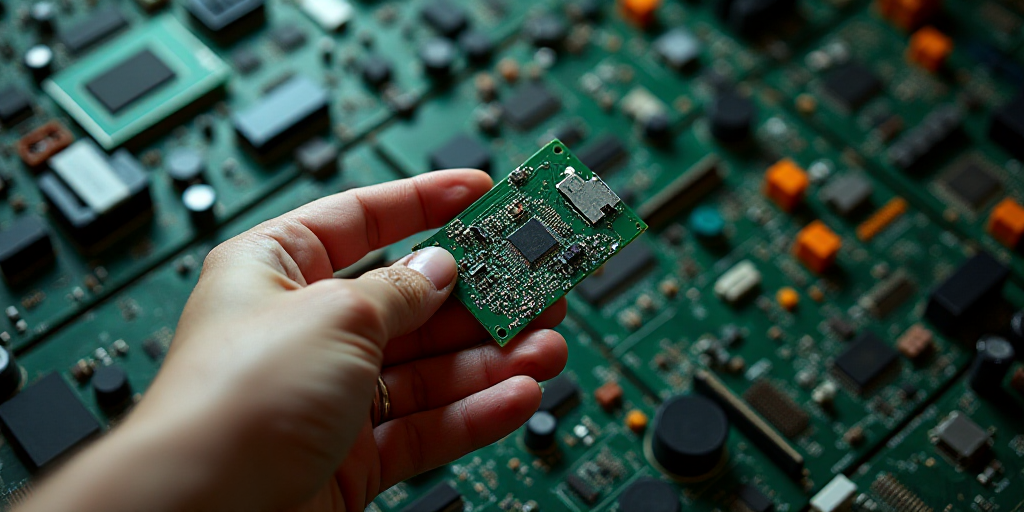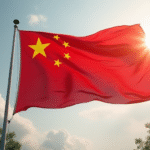Background and Relevance of Donald Trump
Donald Trump, the 45th President of the United States, has been a prominent figure in global politics since his inauguration in January 2017. Known for his business background and reality TV fame, Trump’s presidency has been marked by controversial policies and a focus on “America First” principles. His administration has prioritized reshaping the U.S. manufacturing sector and reducing dependence on foreign imports.
Tariff Announcement on Semiconductors
During a dinner at the White House with technology industry executives, President Trump announced that the United States will soon impose a “considerable” tariff on imported semiconductors. These components are crucial in the global race towards artificial intelligence (AI).
“We will impose it very soon,” Trump stated, clarifying that if companies manufacture in the U.S. or have committed to doing so, they will be exempt from paying the tariff.
Previous Statements and Company Responses
A month prior, Trump had announced his intention to tax “chips and semiconductors” imported at 100%, without specifying an implementation date. However, he assured that companies building or committed to building in the U.S. would not have to pay the tariff.
In recent months, several tech titans—both manufacturers and users reliant on semiconductors—have announced investments in U.S. soil. Apple, for instance, has pledged $600 billion in four years, while Micron Technology plans to invest $20 billion.
Geopolitical Context and Impact
The semiconductor industry is a battleground for rivalry between the U.S., China, and Taiwan. Washington has revoked TSMC’s license to export equipment without restriction to China for chip manufacturing. Nvidia was unable to sell its H20 chips in the Chinese market during Q2, despite being developed to meet U.S. government requirements.
Trump’s priority is to bolster the U.S. manufacturing sector, imposing broad tariffs to curb imports and promote domestic production.
Legal Challenges
Some of Trump’s tariffs have been deemed illegal by lower courts, arguing that a president lacks the authority to implement broad tariffs. The Trump administration recently appealed this matter to the Supreme Court.
Key Questions and Answers
- What is the announcement about? The U.S. will soon impose a significant tariff on imported semiconductors, crucial components in the global AI race.
- Who is exempt from the tariff? Companies that manufacture in the U.S. or have committed to doing so will not have to pay the tariff.
- Why is this announcement significant? It reflects Trump’s priority of revitalizing U.S. manufacturing and reducing dependence on foreign imports.
- What is the geopolitical context? The U.S., China, and Taiwan are in rivalry over the semiconductor industry, with Washington taking steps to limit technology transfer to China.
- What legal challenges exist? Some of Trump’s tariffs have been deemed illegal by lower courts, and the matter has been appealed to the Supreme Court.






